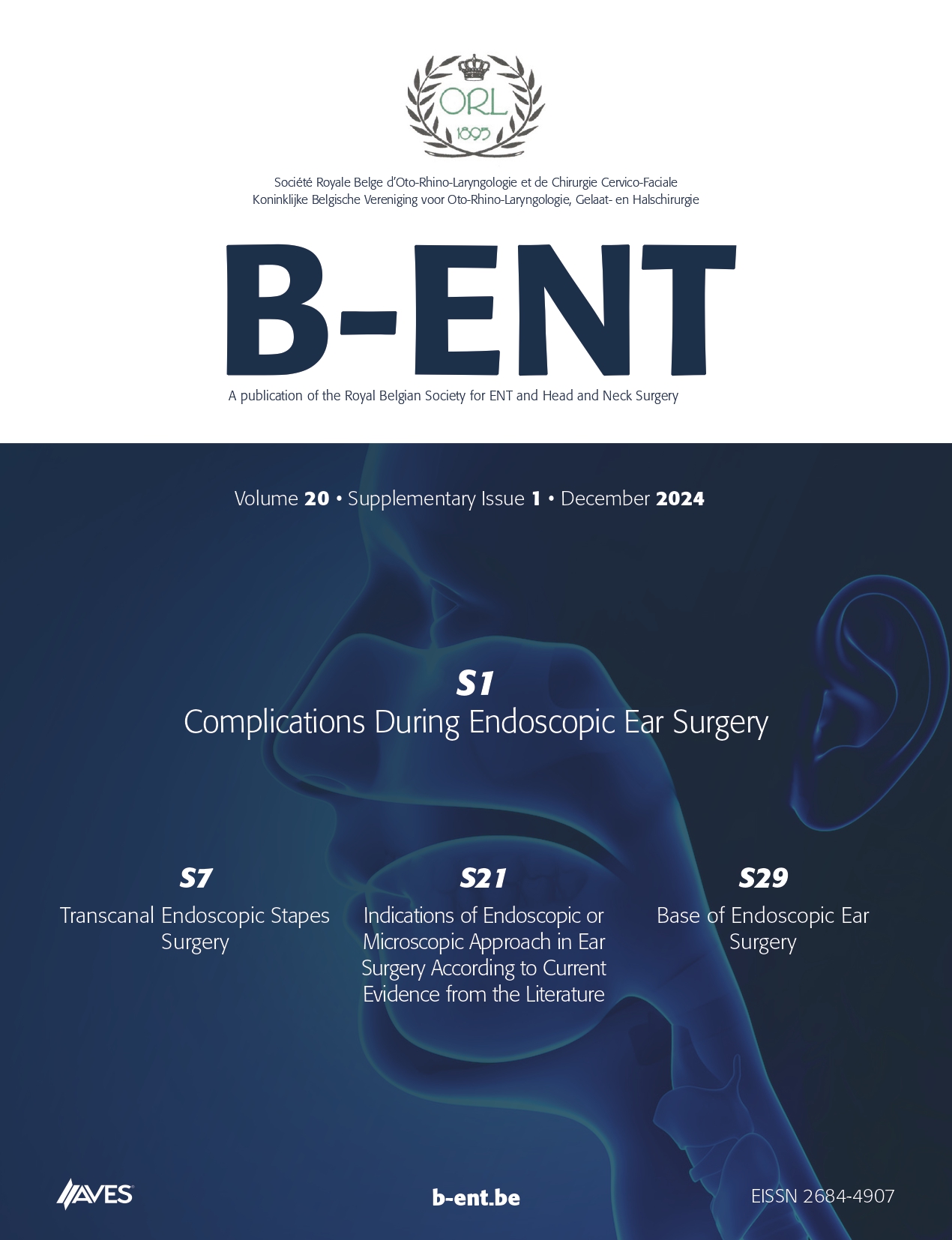Genetic diagnostics of early childhood hearing loss: better testing with Next-Generation DNA Sequencing. Hearing loss is the most common sensory disorder in children, with an incidence of 1 in 500 newborns. Most cases are caused by mutations in a single gene. However, DNA diagnostics for hearing loss are challenging, since it is an extremely heterogeneous trait. Although more than 47 causative genes have been identified for the nonsyndromic forms of hearing loss alone, diagnostic application of the scientific progress has lagged behind. The reason for this is the cost: screening all the known causative genes for hearing loss in one patient with the current golden standard for DNA diagnostics, Sanger sequencing, would be extremely expensive. Consequently, current routine DNA diagnostic testing for hearing loss is restricted to one or two of the most common causative genes, and the responsible gene is identified in only 10-20% of cases. Several recent reports have shown that “next-generation DNA sequencing techniques” have the potential to provide a novel testing platform that could test all known genes in a sensitive, specific and cost-efficient manner. It is to be expected that these new tests will greatly improve DNA diagnostics in the coming years.



.png)
